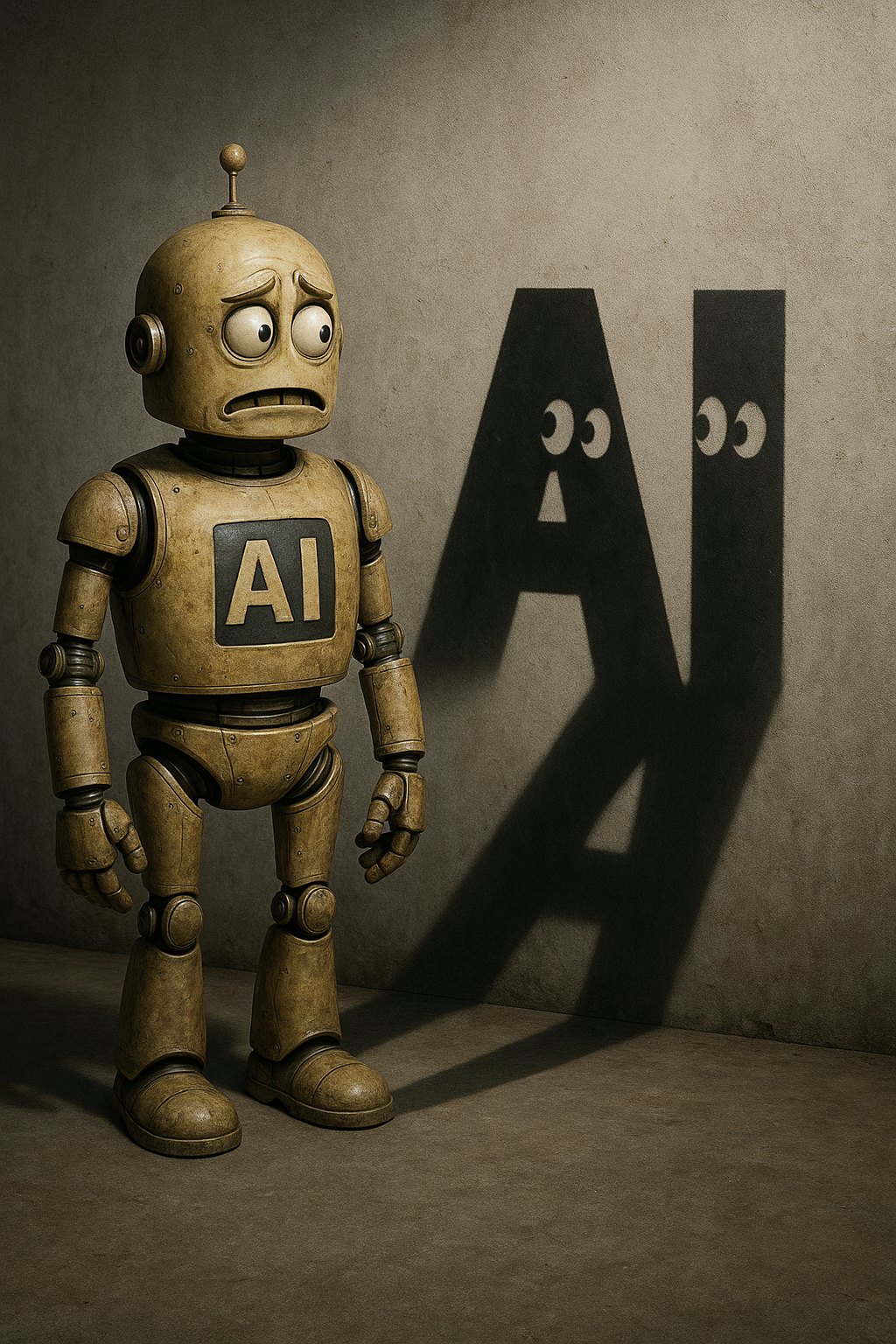When Work Becomes a Hobby: Elon Musk’s Vision of a Future Without Money

By Steve Allayev
A Bold Forecast for the Future of Work
At the U.S.–Saudi Arabia Investment Forum in Washington, D.C., held at the John F. Kennedy Center for the Performing Arts, Elon Musk took the stage alongside Nvidia CEO Jensen Huang to deliver what may be one of the boldest forecasts of the decade.
In a world rapidly advancing toward sophisticated artificial intelligence (AI) and robotics, Musk envisions a future, arriving within 10 to 20 years, where traditional work will no longer be a necessity. Instead, work will become an optional activity, similar to playing sports or video games. In this same future, Musk suggests, the very concept of money might become “irrelevant.”
Musk’s remarks were not mere speculation; they were delivered with the emphatic confidence that has become his hallmark. He stated, “It’ll be like playing sports or a video game, work will be optional.” He further asserted, “If you go out long enough, money will stop being relevant at some point in the future.”
These statements immediately sparked debate among economists, technologists, and policymakers. The central question emerged: Is Musk predicting an inevitable future or describing a technological utopia that may remain out of reach?
A Future Where Work Is Optional
Musk outlined a scenario in which automation and AI take over most labor intensive and knowledge based tasks. Robotics, powered by platforms like Tesla’s Optimus, would manage physical labor, while AI agents would handle analysis, planning, logistics, and creative endeavors.
In this envisioned world, humans would engage in “work” only if they chose to do so.
According to Musk, this transformation will dramatically redefine human purpose. Work will shift from a duty to a hobby. People may continue to code, build, create, farm, or invent, but these activities will be driven by passion rather than necessity.
The Radical Idea: A World Without Money
The most controversial prediction Musk offered was the eventual disappearance of money’s significance.
He argues that if AI and autonomous systems can produce goods and services at near zero cost and virtually infinite scale, the scarcity that underpins economic systems could vanish. In Musk’s view, abundance could become so widespread that traditional currency would become unnecessary, and economies might instead operate through allocation systems managed by algorithms rather than markets.
This idea has drawn skepticism from financial analysts, who point out that money serves not just as a store of value, but also as a critical mechanism for coordination, incentives, and governance.
Jobs Won’t Disappear, They’ll Evolve
Offering a counterpoint to Musk’s futuristic vision, Jensen Huang presented a more grounded perspective.
He stated, “Everybody’s jobs will be different.”
Huang emphasized that AI often increases the need for human oversight, judgment, and creativity. For example, in medical imaging, AI tools have accelerated radiology workflows, yet human specialists are now more vital than ever to interpret results and manage patient care.
Rather than an era marked by mass unemployment, Huang foresees a massive restructuring of work that will redefine professional skills and rebalance the labor market across various industries.
The Real Bottleneck: Energy and Infrastructure
While much of the conversation centered on software, Musk highlighted the physical limitations that could impede progress: energy supply and computing infrastructure.
He cautioned that despite rapid advancements in AI, progress could stall without substantial increases in power generation, potentially including innovations like space based solar arrays.
The mass adoption of AI will require:
● Vast new datacenters
● More efficient cooling technologies
● Global grid expansion
● Breakthroughs in renewable energy
Ultimately, technological capability may not be the limiting factor, energy might be.
Why This Matters for the Everyday Worker
Although Musk’s vision may seem distant, its implications are already beginning to unfold:
Career Identity Will Shift:
If work becomes optional or fundamentally transformed, people will need new sources of meaning and purpose.
Retirement Planning Could Be Rewritten:
If money loses its central role or scarcity decreases, traditional planning models may need an overhaul.
Certain Professions Face Rapid Automation:
Accounting, auditing, logistics, customer service, and administrative roles will evolve toward strategy, analysis, and human centric tasks.
Human Driven Fields Will Surge:
Creativity, leadership, entrepreneurship, emotional intelligence, and care professions may gain prominence as automation handles routine tasks.
A Vision That Inspires, And Warns
Musk’s predictions serve a dual purpose: they inspire optimism about a world freed from the burdens of labor and scarcity, while also warning governments, companies, and society to prepare for sweeping, unprecedented disruption.
This vision raises urgent questions:
- How do we transition millions from “work as necessity” to “work as choice”?
- What happens to those displaced before automation fully matures?
- Who governs a society where AI produces everything?
- What does purpose look like when survival is assured?
What is clear is that the conversation sparked by Musk and Huang extends far beyond technology; it is fundamentally about civilization, identity, and the future of humanity itself.
Subscribe for industry
updates & insights
Captivating interviews with industry experts
Gain insights into the latest data trends, discover the advancements in AI and machine learning, explore innovative data software, and gain knowledge from influential individuals shaping the data landscape.
Fresh content
Continuously generating content with interviews that cover the latest topics.
Exclusive interviews
Interviews with experts in data analytics and AI to make sure you stay ahead of trends.

Explore our various solutions

Amplify your brand
We are here to support your content creation and amplification needs. Click on "Learn more" to get additional information on how we can help!
Personal Brand Builder
We aim to enhance brand recognition through insightful content in data analytics and AI.
Intentional use of color



.png)
.png)